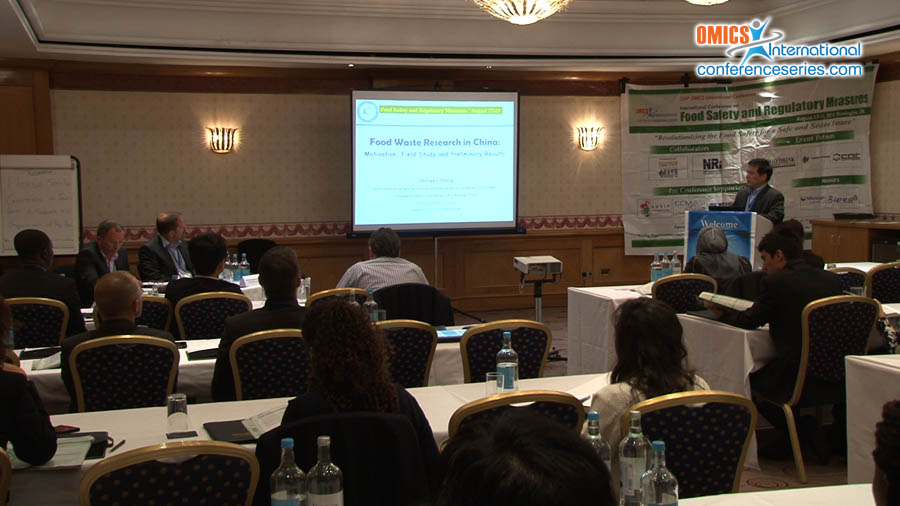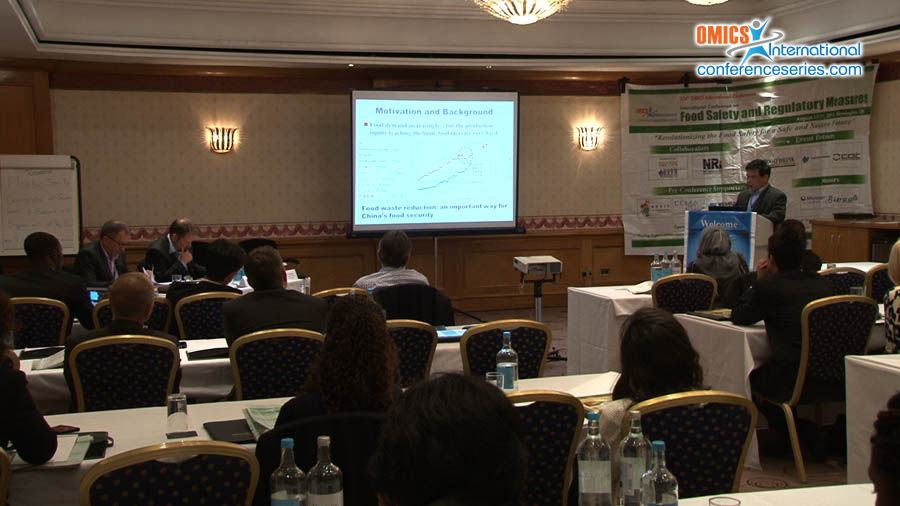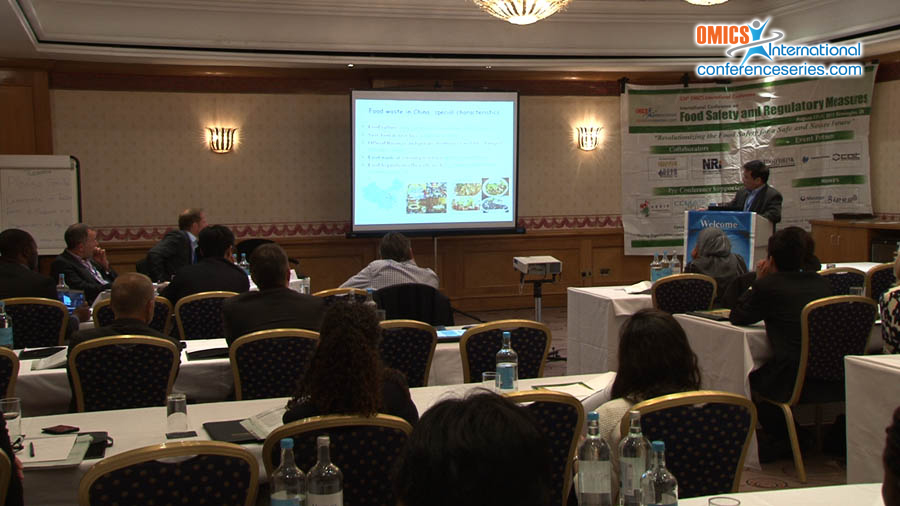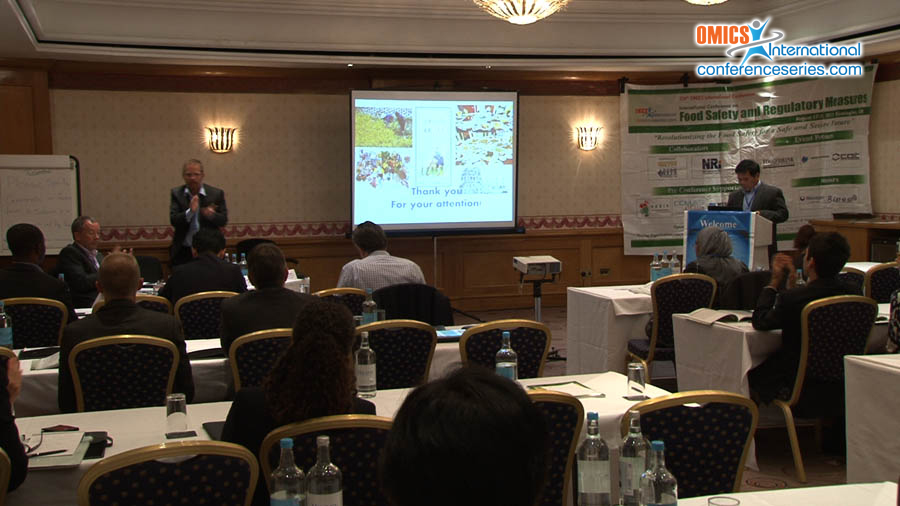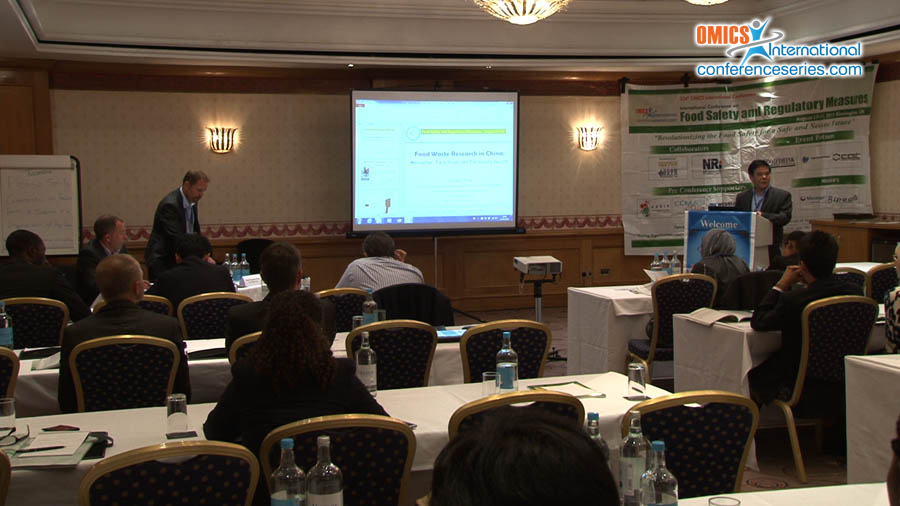
Shengkui Cheng
Chinese Academy of Sciences
China
Title: Food waste away-from-home in urban China: A field study based estimate
Biography
Biography: Shengkui Cheng
Abstract
When China continues to urbanize and increase the income of their inhabitants, consumer food waste becomes increasing challenging in China. However, there is hitherto little information on the scale and impacts of food waste in China. In this presentation, we will summarize the preliminary results from a Natural Sciences Foundation of China funded project on away-from-home food waste in urban China.This 4-year project aims to investigate the food consumption and waste patterns based on large-scale surveys in Beijing and Lhasa and analyze their resource and environmental impacts, drivers behind and policy implications. Our first round surveys in Beijing and Lhasa in 2013 (including 187 restaurants, 3833 samples) show that the amount of catering food waste per capita in urban area was about 80 grams or about 13%of the ordered amount and thisis higher in Lhasa (120 g) than in Beijing (75g). The food waste comprises many different groups including cereals (25%), vegetables (41%), meats (13%), aquatic products (11%), poultry (7%) and others. The scale of food waste varies greatly depending on saving awareness, portion sizes, preferences, income and ages and so on. The total catering carbon footprint of food waste in Beijing is 1.9-2.1 Mt CO2-eq with meat and vegetables contributing the most (together over 87%). We targeted mainly for restaurant consumers in the survey but included also schools meals because we believe school students are in significant stages of physiological and psychological growth and their attitudes towards food waste should not be neglected. Our first round surveys in Beijing show that about 130 gram food/cap/meal is wasted in school which consists of staple foods (45%), vegetables (30%), meat (15%) and other categories like soup and oil (10%). For the next step, we will expand our surveys in more cities in China. Meanwhile, we will be involved in an EU Horizon 2020 project from 2015 on where we will collaborate with University of Southern Denmark for further analysis of our surveyed results.
Speaker Presentations
Speaker PDFs
Speaker PPTs Click Here

